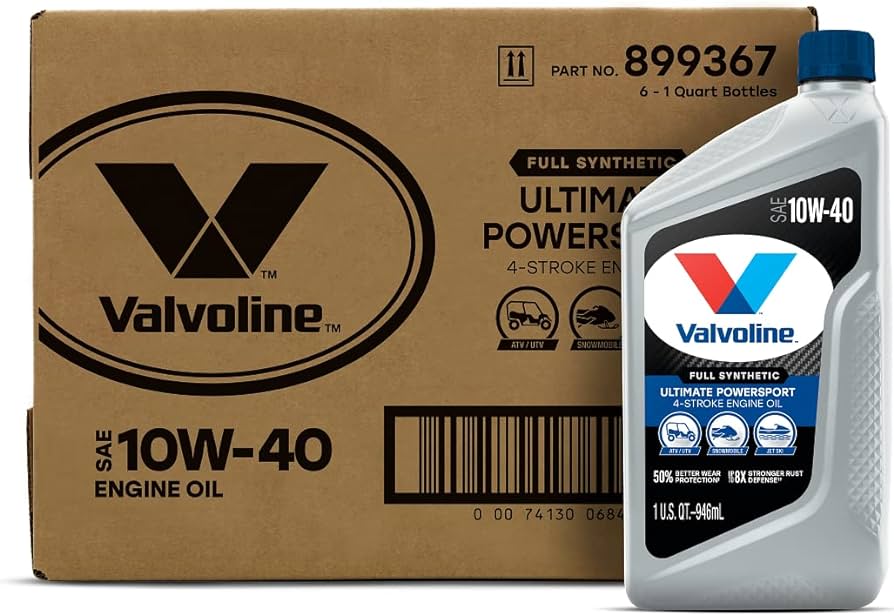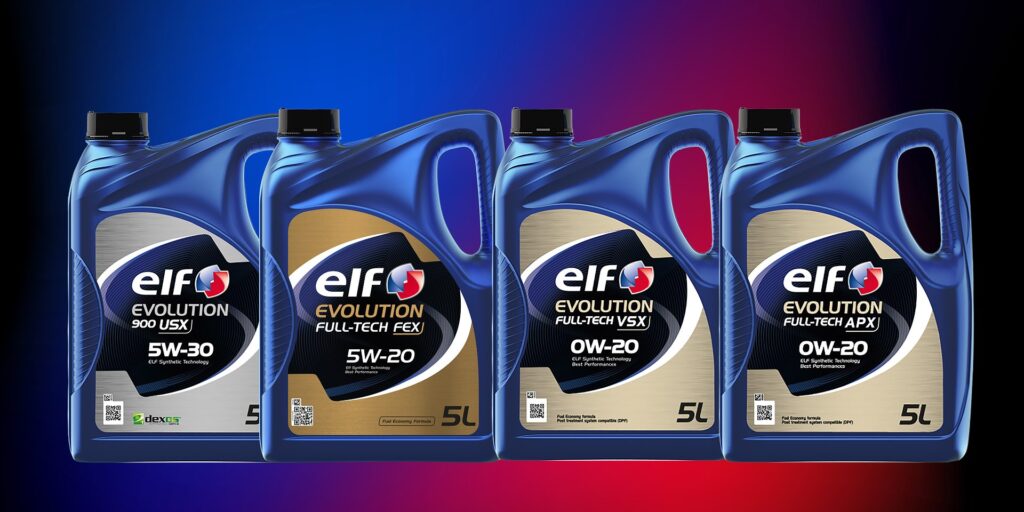Is Synthetic Oil Good for Small Engines? Discover the Truth!
Yes, synthetic oil is good for small engines as it provides advantages such as resistance to oxidation and chemical degradation, better performance in temperature extremes, and improved flow at cold temperatures. However, it may be more expensive and there is a possibility of additive precipitation or separation. Despite the disadvantages, synthetic oil is a reliable and beneficial option for small engines. Understanding Synthetic Oil And Small Engines When it comes to maintaining small engines, such as those found in lawn mowers or other outdoor equipment, understanding the role of synthetic oil is essential. With its superior performance and advanced formulation, synthetic oil has gained popularity among engine owners. In this article, we will delve into the benefits and considerations of using synthetic oil in small engines, providing valuable insights and advice for making an informed decision. What Is Synthetic Oil? Synthetic oil is a lubricant composed of artificially produced chemical compounds. It is designed to offer enhanced lubrication and protection compared to conventional mineral-based oils. Synthetic oils are formulated through a meticulous manufacturing process that allows for greater control over the oil’s molecular composition, resulting in a more durable and efficient product. How Are Small Engines Different From Larger Engines? Before delving into the use of synthetic oil in small engines, it is important to understand the key distinctions between small engines and their larger counterparts. Small engines, typically found in lawn mowers, chainsaws, or snow blowers, have a unique set of characteristics that differentiate them from larger engines used in automobiles or industrial machinery. Small engines tend to operate under more demanding conditions due to their compact size and limited cooling capabilities. These engines often run at higher RPMs and may be exposed to extreme temperature variations. As a result, they require a lubricant that can withstand these harsh conditions and provide optimal performance. Synthetic oil, with its superior properties, can address these challenges effectively. Its ability to resist oxidation and chemical degradation ensures long-lasting protection in small engines. Additionally, synthetic oil is designed to flow smoothly at cold temperatures, ensuring easy startup even in freezing conditions. While synthetic oil may be more expensive than conventional oils, there are clear advantages to consider. Synthetic oils offer better protection against wear and tear, improved engine cleanliness, and enhanced fuel efficiency. All of these benefits contribute to the longevity and performance of small engines. In conclusion, understanding the unique requirements of small engines and the advantages of synthetic oil is crucial for optimal performance and longevity. By choosing a high-quality synthetic oil formulated for small engines, owners can ensure their equipment operates at its best, even under challenging conditions. Benefits Of Synthetic Oil For Small Engines Synthetic oil offers several advantages over conventional oil when it comes to small engines. From improved lubrication and reduced friction to enhanced engine performance and power, synthetic oil can significantly benefit small engines. Additionally, the use of synthetic oil can contribute to extended engine life and durability. Let’s explore each of these benefits in more detail: Improved Lubrication And Reduced Friction Synthetic oil provides superior lubrication compared to conventional oils. Its molecular structure allows it to flow more smoothly, ensuring proper lubrication and reduced friction between the engine’s moving parts. This improved lubrication not only reduces wear and tear on the engine but also helps prevent overheating and potential damage caused by excessive friction. Enhanced Engine Performance And Power The unique formulation of synthetic oil results in better engine performance for small engines. Its ability to resist oxidation and chemical degradation ensures that the oil maintains its viscosity and effectiveness for a more extended period. This means that the engine can operate at optimal levels, delivering improved power and performance. Extended Engine Life And Durability By using synthetic oil, small engines can benefit from increased longevity and durability. Synthetic oil’s superior resistance to oxidation and chemical degradation prevents the formation of sludge and deposits in the engine. This cleaner running engine results in reduced wear and tear, leading to extended engine life. Furthermore, synthetic oil’s ability to withstand temperature extremes, both cold and hot, provides the engine with added protection and keeps it running smoothly in all weather conditions. Overall, synthetic oil offers significant advantages for small engines, proving to be a better choice in terms of lubrication, performance, and longevity. By investing in synthetic oil for your small engine, you can ensure its optimal functioning and prolong its lifespan. Addressing Concerns About Synthetic Oil In Small Engines When it comes to using synthetic oil in small engines, there are often concerns and misconceptions that arise. In this section, we will address these concerns head-on and provide you with the necessary information to make an informed decision about using synthetic oil in your small engine. Debunking Myths And Misconceptions There are several myths and misconceptions surrounding the use of synthetic oil in small engines. Let’s take a closer look at some of these myths and debunk them: Myth 1: Synthetic oil is bad for small engines – This is not true. In fact, synthetic oil can offer several advantages for small engines, such as improved lubrication and protection against wear and tear. Myth 2: Synthetic oil is overkill for small engines – While it is true that small engines may not require the same level of performance as larger engines, using synthetic oil can still provide added benefits, such as better engine cleanliness and extended oil change intervals. Myth 3: Synthetic oil is too expensive for small engines – While synthetic oil may be slightly more expensive upfront, its benefits outweigh the cost. Synthetic oil offers better protection and longevity, which can save you money in the long run. Evaluating The Potential Risks And Drawbacks While synthetic oil may have several advantages, it is important to consider any potential risks or drawbacks. Here are a few key points to evaluate: Risk 1: Compatibility – It is essential to ensure that the synthetic oil you choose is compatible with your small engine. Check the manufacturer’s
Is Synthetic Oil Good for Small Engines? Discover the Truth! Read More »






